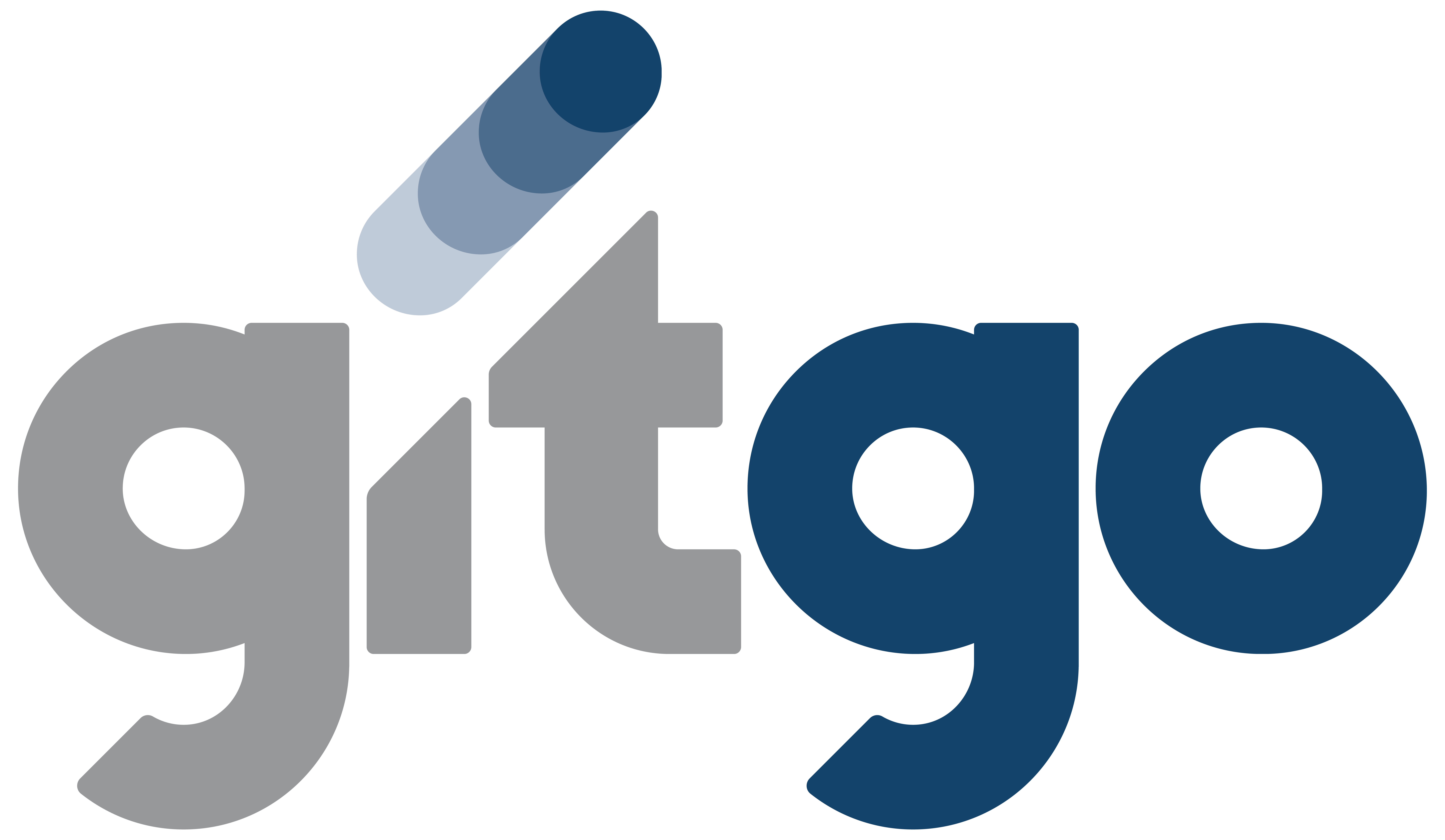Having a strategy in place to find, attract and close more well-placed group and meetings business is crucial. We are seeing signs of softening in several markets around the country.
In recent strategy sessions with our hotel partners, we’ve been sharing the following guidance for sound group and meeting sales strategies. This guidance is leading to more stabilized business and better predictability for future months when, at the same time, their competitors are experiencing the opposite.
Here are four common pitfalls we see group sales teams making that are creating barriers for them meeting or exceeding their revenue goals.
1. Not enough time spent in proactive sales conversations
Nearly every call we receive from hotel sales leaders is about “filling the sales pipeline.” The sales team needs qualified leads, and they’ve been relying on other online vehicles to provide inbound inquiries. However, the majority of those leads don’t book or fit what the hotel can offer, causing a lot of confusion for sales teams.
The reason so many of those inbound inquiries are not converting to business is because by the time the hotel receives the inquiry, they’re already in the dreaded “commoditization zone.” Meaning, the customer has already done a majority of their own research, they’ve eliminated who they don’t want to receive a proposal from and they are making decisions primarily based on cost.
Facilitating more proactive tactics to engage with buyers before they enter the last leg of their buying process is critical. At any given time, only 3% of your target market is ready to buy.
At GitGo, we help our hotel brand and management company partners design a proactive strategy that finds and attracts buyers in the early stages of the B2B buying process.
We find them before they are ready to fully engage on a specific RFP, allowing the sales team enough time to build trust and credibility. This leads to a more authentic process that develops stronger long-term partnerships and repeat business.
Every group sales team should have a goal for proactive sales actions targeting their ideal customers, using verbal and electronic means to uncover prospects. At GitGo, we train teams using our rigorous qualification process to ensure our hotel partners are spending time and energy on the best opportunities for short and long-term revenue.
If your group sales team is not spending, at minimum, 25% of their workweek producing a consistent and robust new business sales pipeline, (worth a minimum of 10X the cost of sales) it’s time to reconsider your top-of-the-pipeline sales strategy.
2. Lack of process for follow-up on new business leads
Think through this scenario:
Sally the Sales Manager receives an inbound inquiry from company XYZ. They have a meeting coming up in 45 days and need rates, dates and space filled out in a specific format via an online RFP tool. Sally responds and follows up with the client soon after she sends the RFP response to ensure they’ve received the proposal. She also uses this time to offer answers to further questions and talk about extra features and benefits to help boost her property to the top of XYZ’s list.
Compare this experience with another.
That same day, Sally finds a new company in her market—Company ABC—and makes a call to find out if they have any hotel needs. The nice administrative assistant answers and tells Sally they will have a few meetings throughout the year. They’ll need both guest rooms and meeting space. Sally asks a few more questions and finds out her hotel would be a great fit to accommodate those needs. Their location is perfect, would fit within their typical budget and ABC had worked with similar properties in the past.
There is just one small problem: Company ABC has no idea when their hotel needs will come to fruition. They haven’t had planning meetings yet, and the admin team isn’t sure when that planning will start.
Sally isn’t sure what to do next. She’s used to responding to specific inbound inquiries when the customer knows their dates and specific needs. Sally asks when would be a good time to follow-up and the client says to reach back out in another three months. Sally puts a note in her sales CRM to do just that.
Fast forward three months later. Sally calls the client for the first time after they last spoke, and the assistant tells her that they’ve chosen to use the property down the street from Sally. WHAT? How did this happen? Why did that happen?!
This is a very common scenario, and it happens when hotel sales teams do not have a follow-up and nurture sales process in place for their proactively discovered new business leads. At GitGo, we see this as an unfortunate epidemic happening all over the world with hotel sales teams (both property and above property sales). We change this using programs we co-create and implement with our partners and through leading by example.
There is a frequency and cadence for follow-up and follow-through that is necessary to close more business, and it’s also appreciated by the group decision-makers.
Putting more emphasis on follow-up and nurture by implementing tried and true processes has helped our partners increase their sales conversions while also reducing the need to rebuild their sales pipelines from scratch every 90 days.
3. Content isn’t tailored to the decision-makers’ needs
Within that follow-up process, sales teams need to understand what is most important to the decision-makers. Most seasoned group sales managers know the right questions to ask to understand the needs of the customer. The challenge isn’t knowing what is important—the challenge is conveying that the property can meet those needs through clear, concise and trustworthy content.
Let’s face it, much of our communication in sales is electronic. We have to arm our sales force with the proper content to cut through the clutter and reach busy decision-makers.
Every property has “fact sheets,” a website and probably some online reviews, but most of this content is not relevant to the group decision-makers. Sales managers have to curate this information themselves, and they are doing the best they can with what they have!
Without guidance, it could be falling short of the decision-makers’ needs and expectations. At GitGo, we use direct voice-of-the-customer insights to help guide our hotel partners, showing them how to position their content to close more business.
A review and renovation of group sales-related content has given our partners the tools needed to build trust and credibility, not only with business they uncover through proactive tactics, but across the board with inquiries as well.
4. Waiting too long to act & then expecting immediate results
This happens not only in group sales strategy, but all sales strategy. The day we plant the seed is not the day we harvest the crop. Implementing a proactive new business strategy must be a consistent priority whether your sales team is in high season or not.
Far too often, we see properties going feast to famine in the blink of an eye because they haven’t implemented the basics of new business development. We know through evidence from our collaborative hotel brand and management company partners that this is entirely preventable.
Don’t wait for:
The call from a large base business account to hear they are pulling out of your hotel.
A key market demand generator to decide to leave the market and take all their room revenue.
The market high to come crashing down from an economic slowdown.
Start simple, but start now! Whether you go it alone or call on a company like GitGo for guidance, starting early is the key to success.
These are just a few of the most common strategic errors we see hotels making when it comes to group sales opportunities. If you’d like to talk about the root of your revenue gap and how GitGo can help fix it, contact us today. We’d love the opportunity to help you grow.




